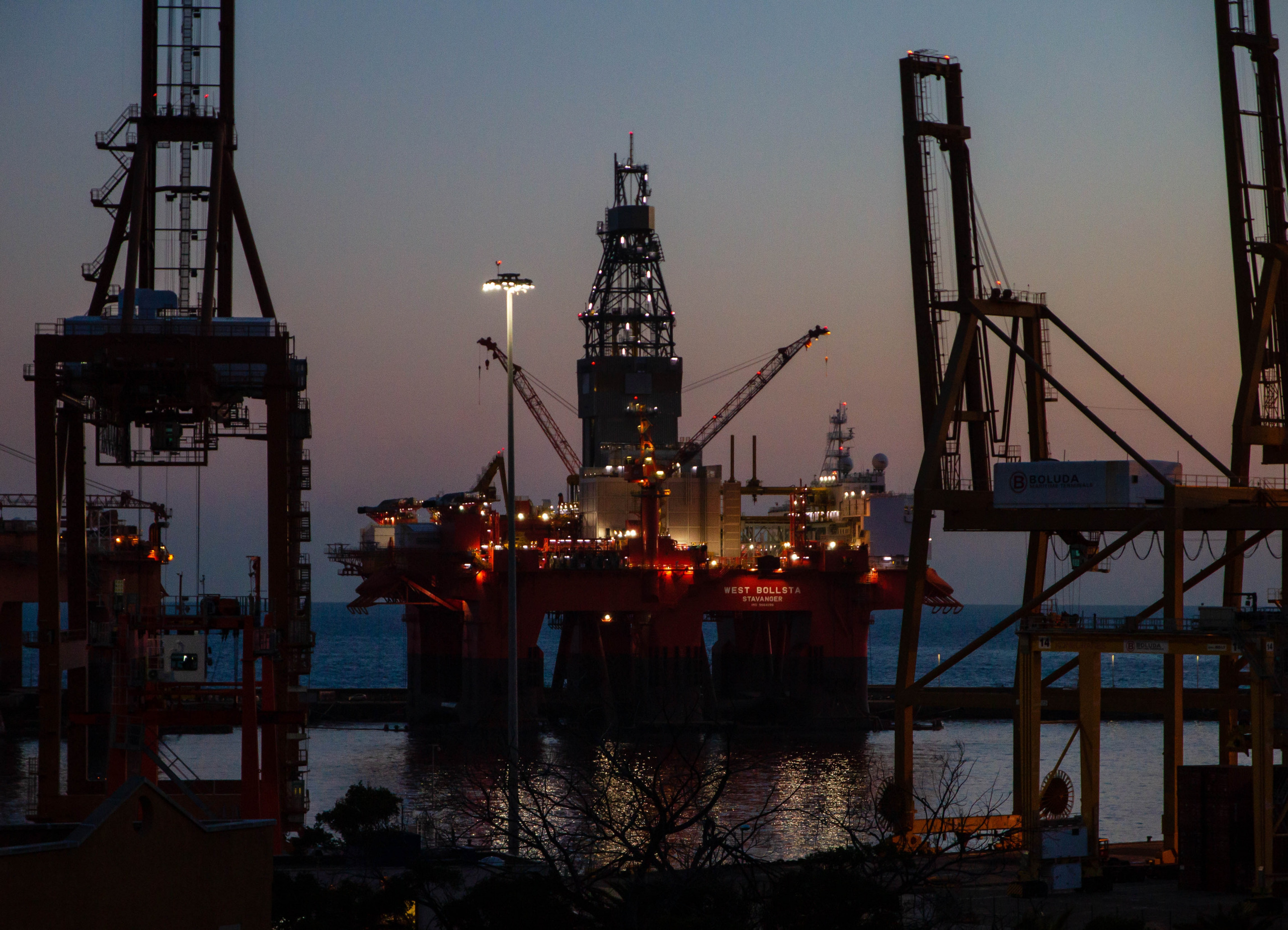The largest untapped oil field in the North Sea has just been approved for drilling by the UK, despite repeated warnings that it is incompatible with a climate-safe future. The Rosebank field off the coast of Shetland, is expected to produce more than 300 million barrels of oil and gas in its lifetime, and burning these fossil fuels would release roughly the same annual emissions of around 90 countries and 400 million people, according to Carbon Brief analysis.
However, the UK government and regulators have given the green light to the development, owned by Norwegian state energy firm Equinor and British oil and gas company Ithaca Energy.
“Now all Rishi Sunak’s anti-net zero posturing makes sense,” says Joanna Warrington, spokesperson for Fossil Free London campaign group, referring to a series of climate policy U-turns by the Prime Minister last week. The Conservative government has cited energy security as its priority in pushing ahead with the oil field development, in the face of criticism across the political spectrum.
“We will continue to back the UK’s oil and gas industry to underpin our energy security, grow our economy and help us deliver the transition to cheaper, cleaner energy,” says Energy Security Minister Claire Coutinho.
Sunak has also said that Britain needs new domestic fossil fuels to improve energy security and that oil and gas would still feature in the country’s energy mix even by 2050. Jobs are another stated reason for exploiting the UK’s largest untapped oil field.
Oil and gas output from Britain’s North Sea has been in decline for two decades, but the industry is still a big contributor to the economy, supporting 200,000 jobs. Ithaca Energy says Rosebank will underpin £8.1billion (€9.3bn) of direct investment in the UK and support up to 1,600 jobs during construction. Last month, 50 MPs and peers from all major parties wrote to then Energy Secretary Grant Shapps urging him to block Rosebank. They voiced their concerns that the oil field could emit 200 million tonnes of CO2 and that taxpayers would be left shouldering the development cost.
So let’s look at some of these UK government statements
Energy security How can you have energy security when “80% of Rosebank’s oil [as with all North Sea oil] will be exported sold to the highest bidder, so for those of you who think this will make a scrap of difference to the impending fuel poverty disaster that we are sleep-walking into this winter, you are wrong Then it will be mostly refined abroad, as we do not have enough refining capacity in the UK the oil will then be sold back to the UK at global market prices.
Energy security and cheaper bills aren’t delivered by allowing highly subsidized, foreign-owned fossil fuel giants to extract more oil and gas from these islands and sell it overseas to the highest bidder Fossil Free London’s Joanna Warrington condemned the decision too. “New export-ready oil and gas that gets sold internationally is a disaster. What we need is bold action – renewables and rapid home improvements to insulate this country.
Grow our Economy
The investment allowance for new oil and gas developments, introduced by Rishi Sunak last year, will see Rosebank’s developers, including Norwegian state-backed oil firm Equinor, receive total tax relief of £3.75 billion to develop Rosebank. However, most of the field’s oil will be produced – and taxed – after the current 75% windfall tax period has elapsed, at the previous rate of 40%. Equinor has described the tax breaks as “helpful”, while the Institute for Fiscal Studies deemed it a
“huge tax subsidy”. It will also see over £500m effectively handed over in subsidies, with most of this money – our money – no sorry your money, going to oil and gas giant, Equinor, which is owned by the Norwegian state. And poor Equinor needs this money as it only made record profits of £21 billion over the past 3 months.
Create Jobs
It’s thought that approx. 1000 jobs will be created during the construction phase then 300 once it’s fully functioning but the crude will not land at Sullom Voe it will be tankered off, but where will the platform be built and who will work on these platforms, and whose tankers will provide the storage. It’s not the jobs bonanza they would have us believe. In fact, it is all smoke and mirrors telling us how great this will be for all of us, but it is not good for anyone except Equinor.
The first production from Rosebank is expected in 2026-27. A general election in the UK is likely next year, but opposition party Labour has sat on its hands as usual and has said it will respect any oil and gas licences granted before then if it wins the election, including for the Rosebank field. Scottish Labour will just do what they are told
Tessa Khan, who is also a climate lawyer, says that a Legal challenge could be mounted against the government.
“There are strong grounds to believe that the way this government has come to this decision is unlawful and we will see them in court if so,” she says. “We shouldn’t have to fight this government for cheap, clean energy and a liveable climate, but we will.”
So watch this space it might not be the end of this story
The SNP’s position is clear We want a just transition from Fossil Fuels to renewables and we recognise the significant contribution the oil and gas sector makes to Scotland. However, our future is not in unlimited oil and gas extraction. It is accelerating our just transition to renewables. New oil and gas fields being approved risk the pace of that transition.
“In the face of a climate catastrophe, the UK Government have dropped their green pledges and committed to approving 100 new oil and gas licences. That isn’t climate leadership. It is climate denial. Scotland and the SNP will remain on the right side of history and demonstrate climate leadership.”






Leave A Comment